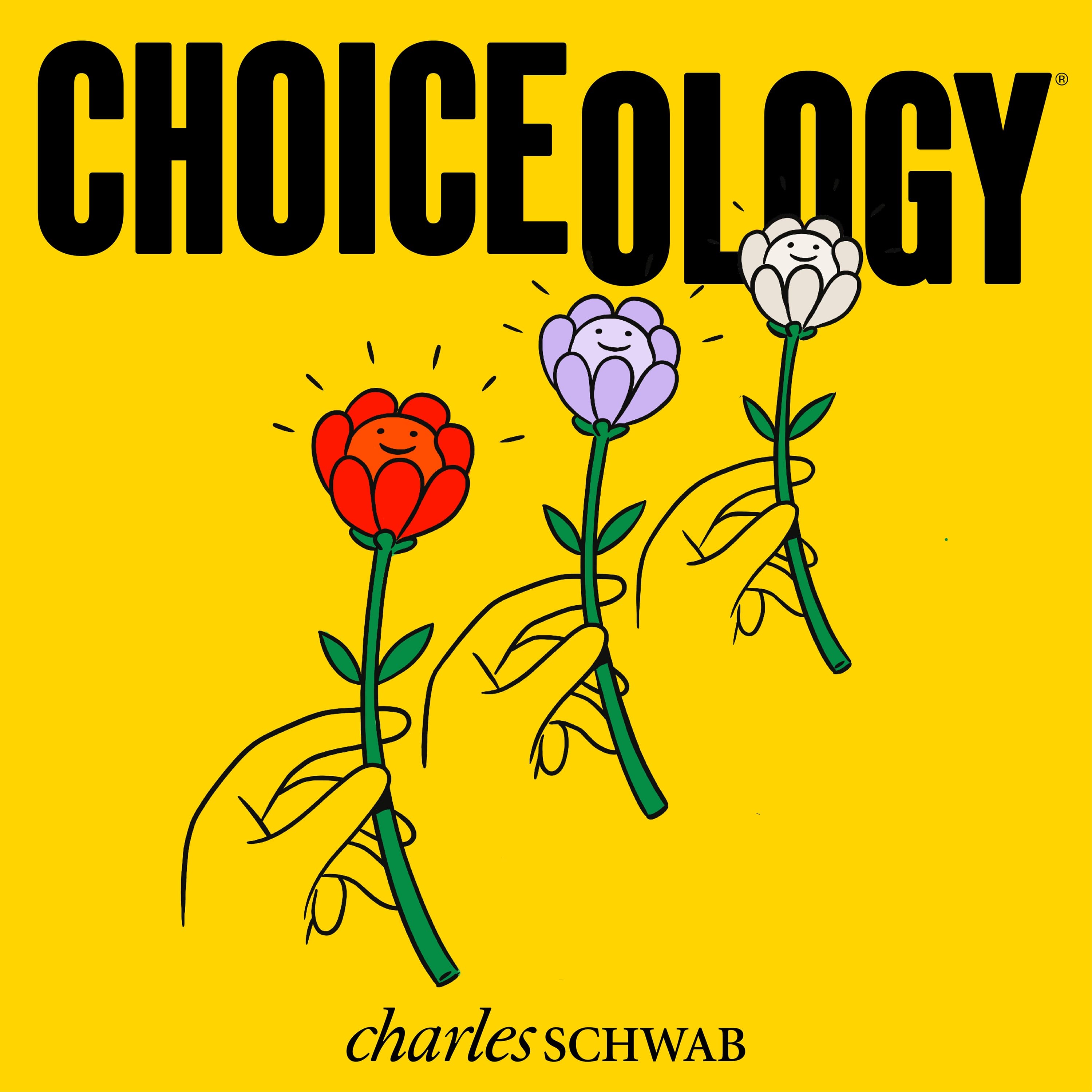Little Bits of Happiness: With Guests Sally Millington & Ellen Evers
Were you the kind of kid who devoured all your Halloween candy in one sitting—or savored it daily until, somehow, it was Easter? And when it comes to bad news, do you prefer it all at once or with some time in between? Turns out, the way we bundle or separate life's highs and lows can influence our happiness.
In this episode of Choiceology with Katy Milkman, we consider a mental accounting trick that can help maximize joy and minimize pain.
You'll hear from Sally Millington of York, U.K., who set out to try 52 new things in a year. From the silly to the daring, Sally shares how shifting from saving fun for vacations to spreading it throughout the year transformed her outlook—and boosted her well-being. Her story shows the power of intentionally pacing pleasure—and why we might want to do the opposite with unpleasant experiences.
Then, Katy speaks with Ellen Evers, Associate Professor of Marketing at the Haas School of Business at the University of California, Berkeley, whose research touches on how the way we categorize experiences can make everyday life feel a little better.
Choiceology is an original podcast from Charles Schwab.
If you enjoy the show, please leave a rating or review on Apple Podcasts.
Learn more about behavioral finance.
Explore more topics
The comments, views, and opinions expressed in the presentation are those of the speakers and do not necessarily represent the views of Charles Schwab.
Data contained herein from third party providers is obtained from what are considered reliable source. However, its accuracy, completeness or reliability cannot be guaranteed and Charles Schwab & Co. expressly disclaims any liability, including incidental or consequential damages, arising from errors or omissions in this publication.
All corporate names and market data shown above are for illustrative purposes only and are not a recommendation, offer to sell, or a solicitation of an offer to buy any security.
The policy analysis provided by the Charles Schwab & Co., Inc., does not constitute and should not be interpreted as an endorsement of any political party.
Investing involves risk including loss of principal.
The book How to Change: The Science of Getting from Where You Are to Where You Want to Be is not affiliated with, sponsored by, or endorsed by Charles Schwab & Co., Inc. (CS&Co.). Charles Schwab & Co., Inc. (CS&Co.) has not reviewed the books and makes no representations about its content.
Apple, the Apple logo, iPad, iPhone, and Apple Podcasts are trademarks of Apple Inc., registered in the U.S. and other countries. App Store is a service mark of Apple Inc.
Spotify and the Spotify logo are registered trademarks of Spotify AB.



